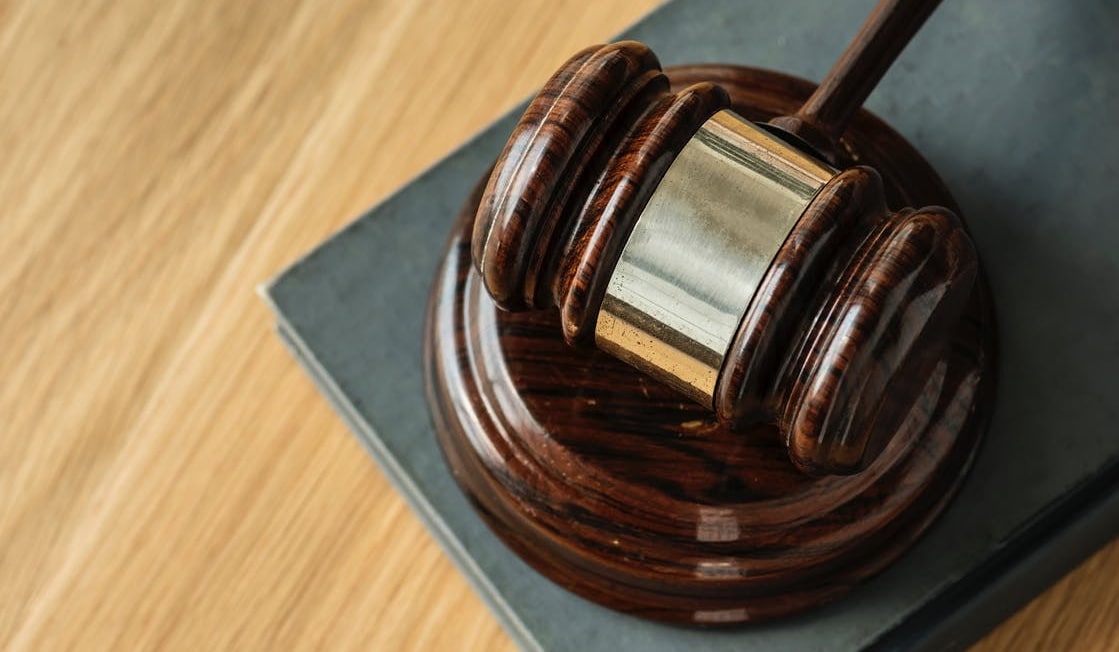Apple has been ordered by a California jury to pay $837.7 million in damages for breaching Wi-Fi technology patents owned by the California Institute of Technology.
Apple says it plans to appeal the verdict.
Wednesday’s court verdict also ordered semiconductor-maker and Apple component provider Broadcom to pay $270.2 million. In total, both companies will pay $1.1 billion in one of the top five largest patent damage awards of all time, according to technology intelligence firm GreyB.
Case history
In a 2016 case, the Pasadena, California-based school sued the technology companies alleging that Broadcom Wi-Fi chips used in more than 1.5 billion devices around the world infringed patents relating to wireless data transmissions granted between 2006 and 2012.
Caltech said Apple infringed on four of its patents for products ranging from the Mac, to AirPort routers, to handheld and wearable devices like the iPhone, iPad and Apple Watch. Two years ago, Caltech refused out-of-court settlements, demanding a trial of its peers. A jury Wednesday ruled both companies violated three patents — U.S. patent numbers 7,116,710, 7,421,032 and 7,916,781.
Apple denies responsibility
Apple tried repeatedly to invalidate the patents at the Patent Trial and Appeal Board. The company claimed the time limit to collect damages had passed six years after the publishing of the 802.11n wireless standard. Apple further argued that Caltech did not use the patents to create products or services.
The high-tech giant said it plans to appeal the verdict, declining further comment. Apple did not immediately respond to a request for comment from Cult of Mac.
Apple sought to sever its case from Broadcom’s last summer, arguing that “Apple is merely an indirect downstream party whose products incorporate the accused chips” and therefore did not violate the patents. “Accordingly, the claims that Caltech has against Apple depend on establishing that the accused Broadcom chips infringe the patents and that the patents-in-suit are not invalid,” it stated.
Key testimony
During the trial, an engineer for the plaintiff testified that Apple and Broadcom infringed the university’s patents, saying the technologies allowed the companies to make smaller devices and improve their wireless data capabilities. Matthew Shoemake said the Caltech patents improve the range, rate and reliability of devices like mobile phones. Because they reduce the number of mathematical equations needed to transmit data, Apple was able to make smaller iPhones and other devices that give off less heat with longer-lasting batteries, the engineer said.
Broadcom countered with its own engineer, claiming its Wi-Fi chips were “very, very different” from Caltech’s technology and that Broadcom’s creations do not perform the same functions.
“We are pleased the jury found that Apple and Broadcom infringed Caltech patents,” the university said in a statement Wednesday. “As a non-profit institution of higher education, Caltech is committed to protecting its intellectual property in furtherance of its mission to expand human knowledge and benefit society through research integrated with education.”


